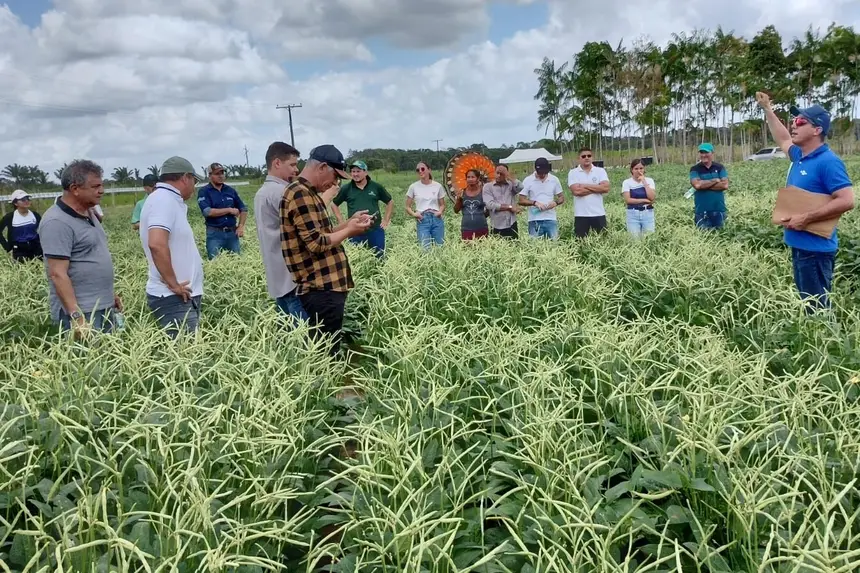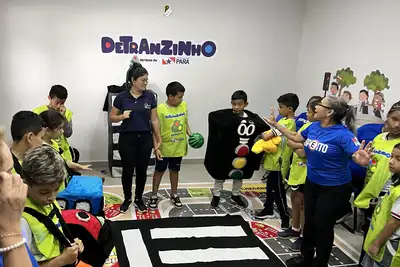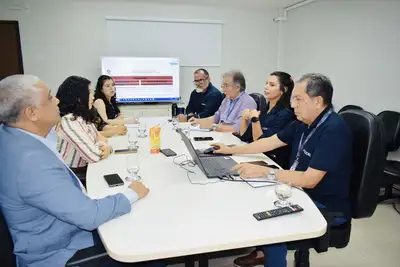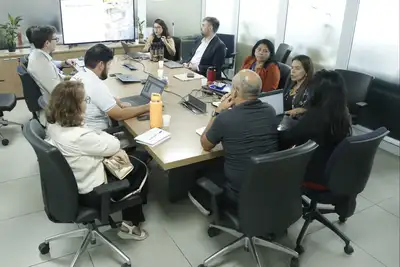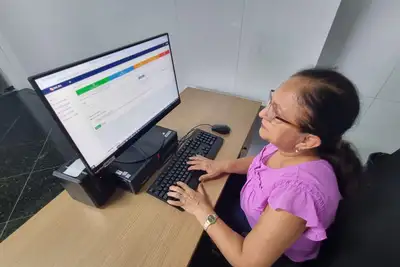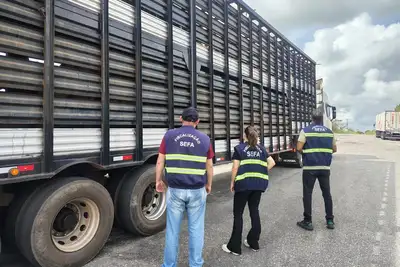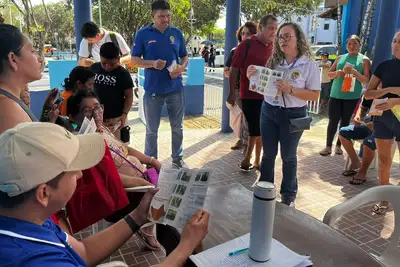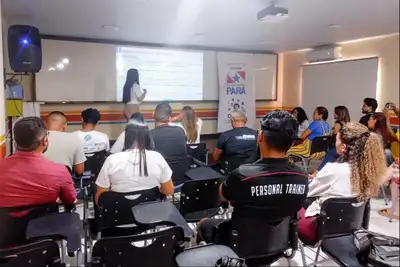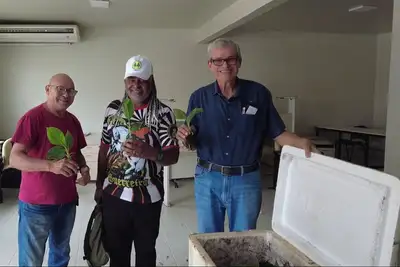Sedap works to implement a program for the production of improved cowpea seeds
The secretary hosted, on the morning of this Wednesday (17), the third round of meetings with representatives from Embrapa and the Ministry of Agriculture to align the guidelines and strategies of the initiative aimed at restoring Pará's pioneering role in the production of traditional beans.
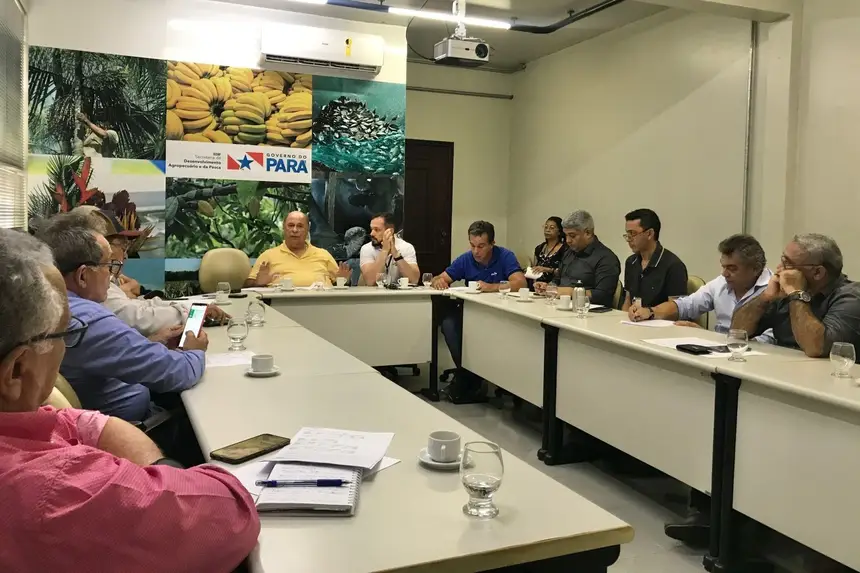
In order to align actions for the implementation of the Improved Cowpea Seed Production Program, a meeting was held at the headquarters of the Secretary of Agricultural Development and Fisheries (Sedap) on this Wednesday (17) with representatives from public extension and research institutions and partners that make up the committee established for the construction of the program. This was the third round of preparatory meetings to format the guidelines and strategies of the initiative, which aims to restore Pará's pioneering role in the production of traditional beans, also known as cowpea.
The purpose of the program is to transfer genetically improved seeds from the Brazilian Agricultural Research Corporation – Eastern Amazon (Embrapa), with which the secretary will establish a Technical Cooperation Agreement. These are quality seeds to meet the needs of rural producers in Pará, as noted by the deputy secretary of Sedap, Francisco Neto, who attended the meeting, opened by the head of Sedap, Giovanni Queiroz.
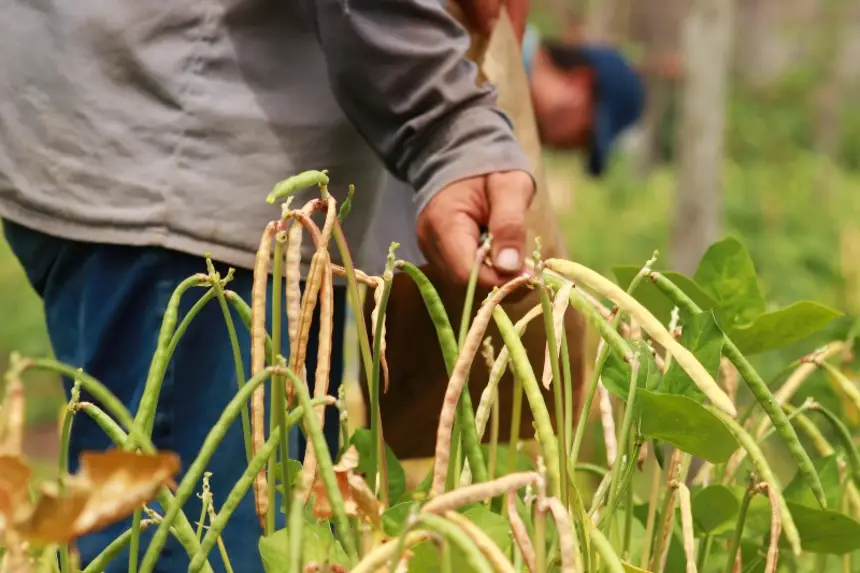
The state, as Neto recalled, was once a major producer of cowpea, and over the years production has declined due to the lack of improved seeds for producers to ensure quality production.
The program is expected to be implemented later this year. "It is a strategic program aimed at family farming. From there, we will boost this quality cowpea seed program for rural producers in the state of Pará," said the secretary.
Cowpea, as Francisco Neto recalled, is one of the important subsistence crops of family farming. "In Pará, there are 320,000 farmers who rely on family farming. So we have a great demand for seeds to meet the production needs of rural farmers in family farming," noted the secretary.
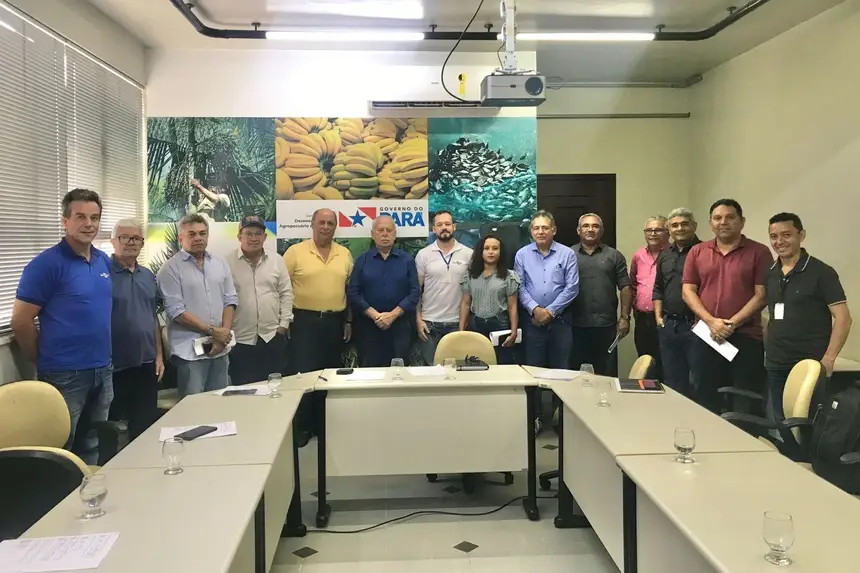
The Caetés Region – composed of municipalities such as Bragança, Tracuateua, and Capanema, among others – is traditionally the region with the greatest prominence in cowpea production due to its endoclimatic conditions.
Cultivars - Embrapa develops cultivars of grain beans and also for the vegetable type. For the structure of the seed production program, the institution has genetic material ready and already registered with the Ministry of Agriculture and Livestock (Mapa), according to the deputy head of technology transfer, Bruno Giovanni De Maria, who was part of the Embrapa team present at the meeting at Sedap.
The agricultural research institution has three cultivars already developed that can be included in the program: BRS Bené (large brown grains), BRS Guirá (black grains), and BRS Utinga (large white grains). Also among the new cultivars, as reported, is BRS Natalina (type "manteiguinha"), which is produced in Santarém (West of Pará). These are already available to produce seeds that will later be offered to the market. "Embrapa has the genetic material, but it needs partners from the productive sector and also a strong public policy that can foster this production on a scale to meet those who need these materials so much," said De Maria.
He explained that Embrapa has been conducting tests in other states to verify the validation of this material in other federative units. "Today it is registered exclusively to Pará; we have already conducted research and development trials that demonstrate that here there is good productivity and good resistance to pests and diseases, and it is very competitive compared to others that are here," he emphasized.
In August of this year, the Sedap team, led by deputy secretary Francisco Neto, attended the Field Day on cowpea at the Milênio Farm, owned by agronomist Benedito Dutra, a certified seed producer from the municipality of Tracuateua, who was present at the meeting held at Sedap. The meeting also included representatives from the Ministry of Agriculture and Livestock (Mapa).
